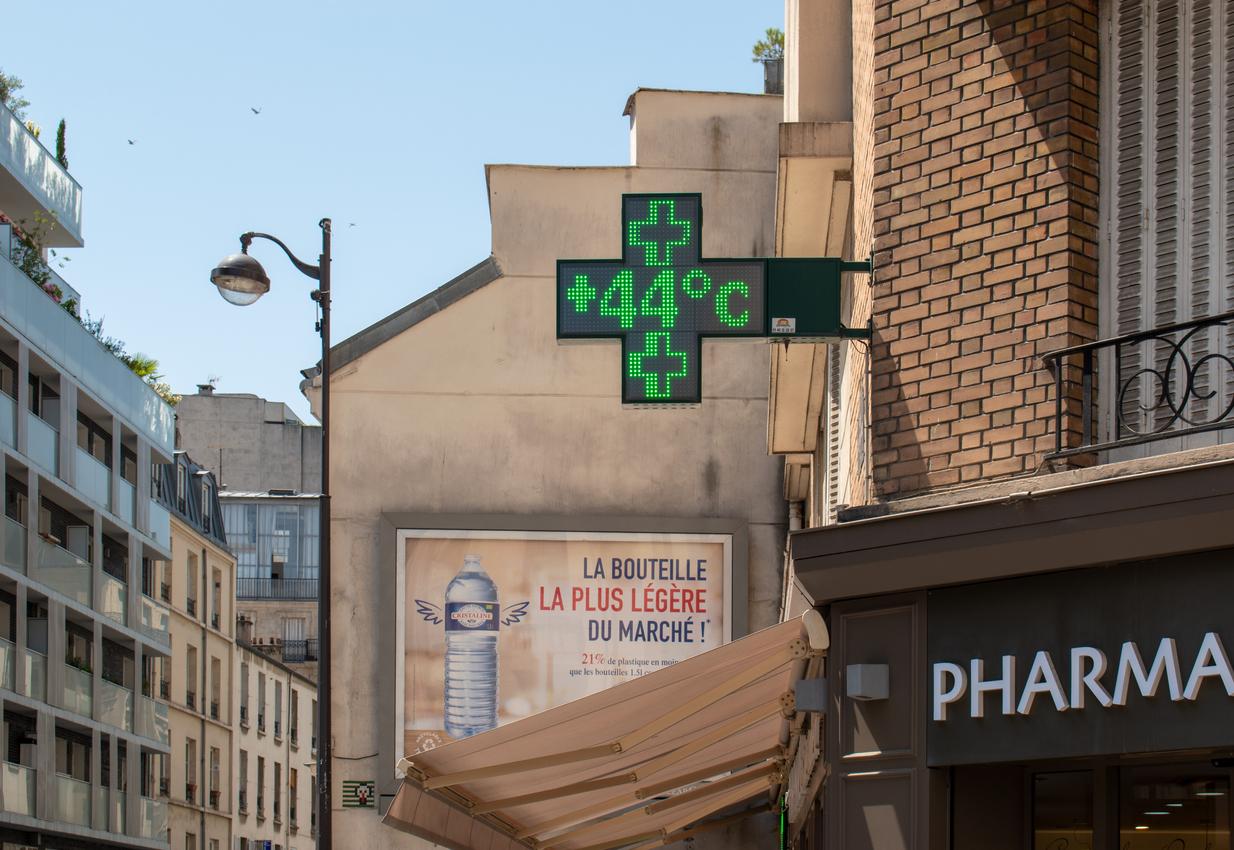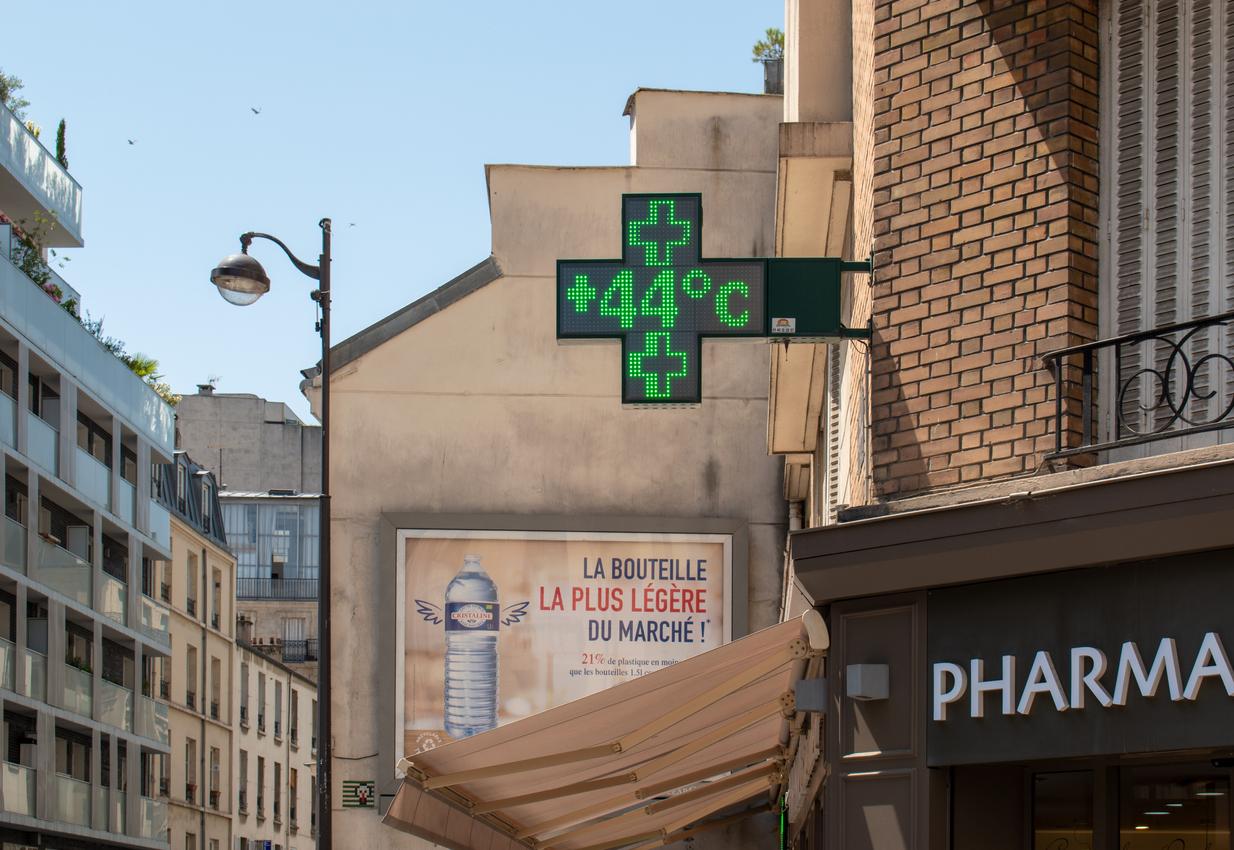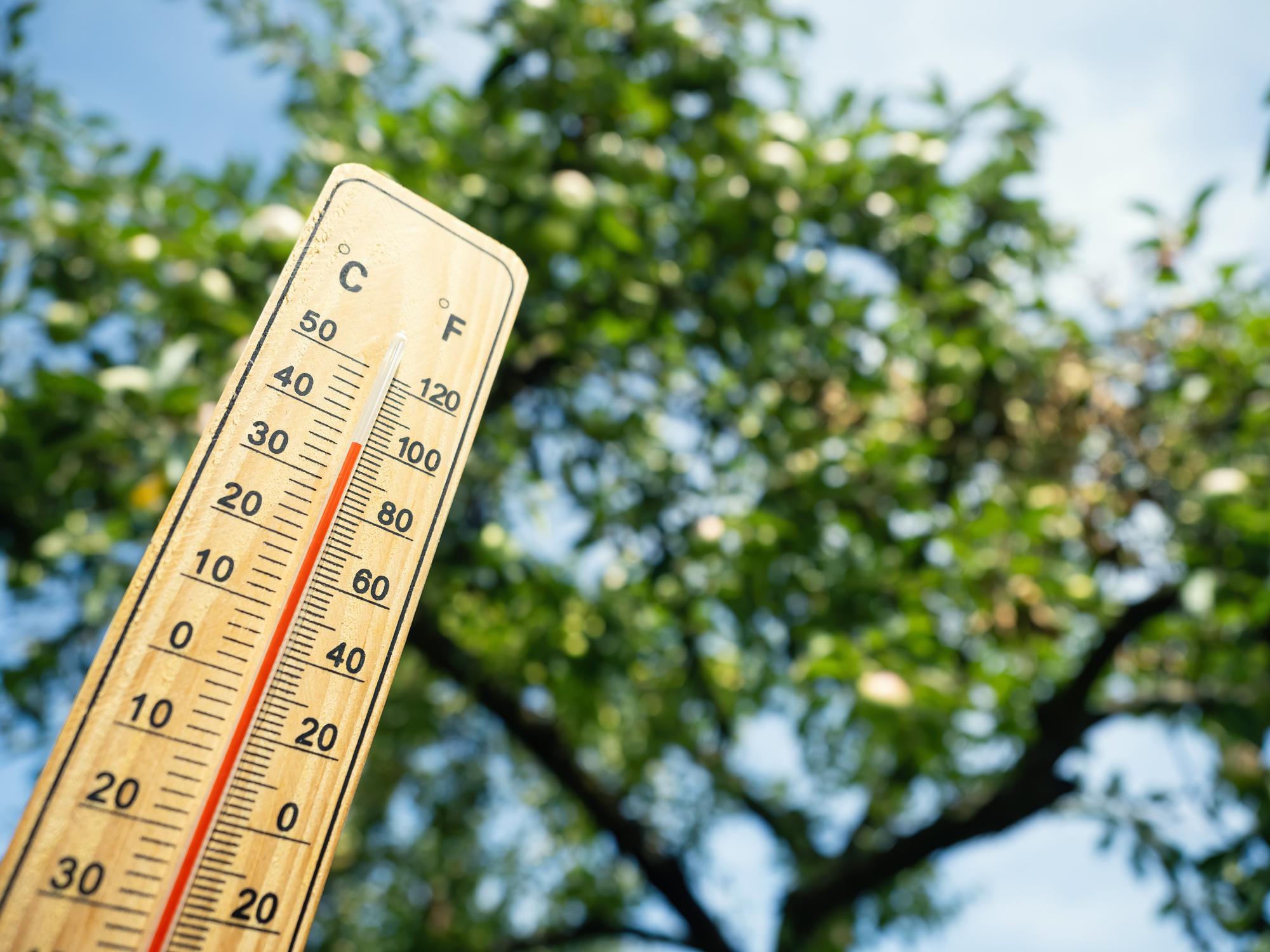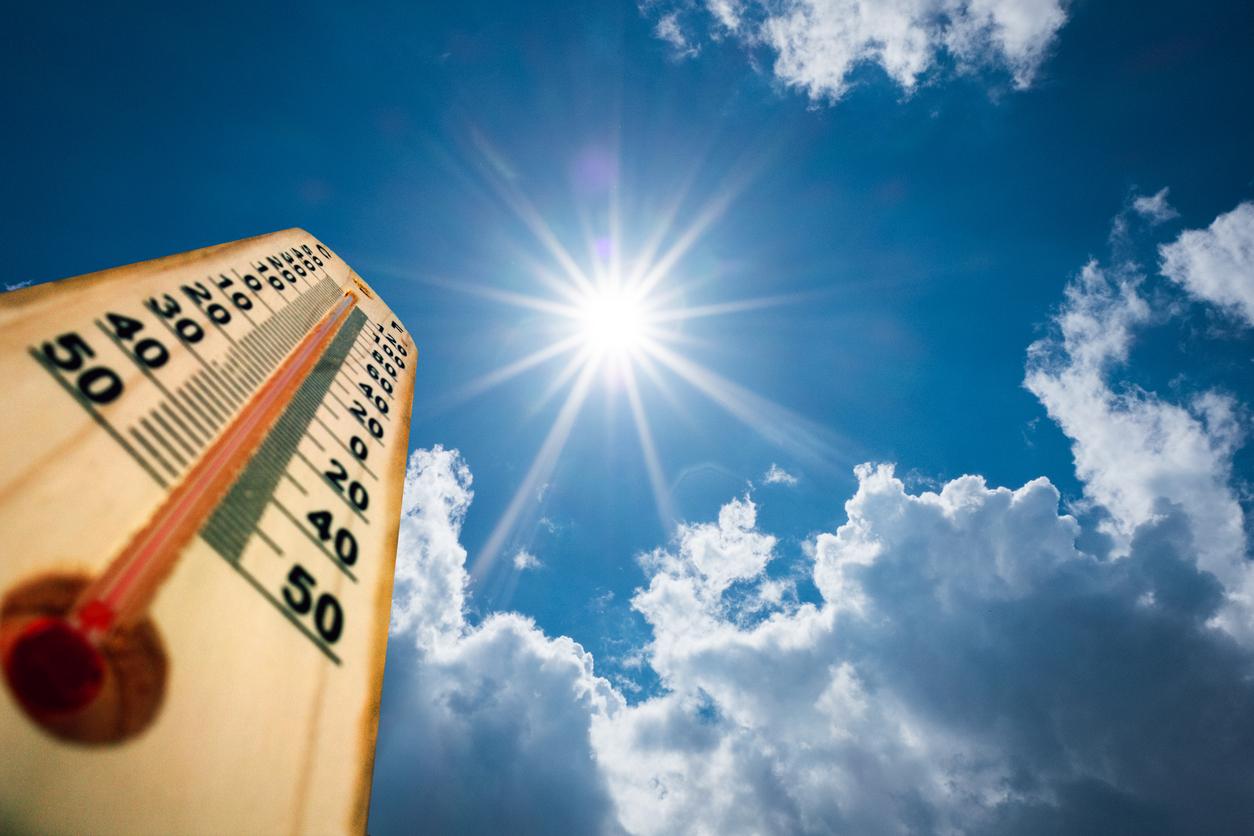A new episode of heat wave will hit France next week. But beware of the excessive use of air conditioning, it can lead to respiratory infections, some of which are potentially fatal such as legionellosis.

- There are more than 50 species of legionella strains.
- The symptoms of legionellosis are similar to those of the flu: fever, chills, cough, difficulty breathing and sometimes other signs such as nausea and confusion.
It will be hot, very hot throughout France next week. Inevitably, the temptation to constantly increase the air conditioning is strong. But beware, these devices are real germ nests. In addition, the hot-cold thermal shock has the effect of irritating the respiratory mucous membranes and can lead to more or less serious respiratory infections.
A potentially fatal disease
Among them is legionellosis. It is an acute infection of the lung caused by bacteria called “legionella (legionella)”. This disease thrives in standing water. Legionellosis is treated in most cases with antibiotics, usually given in hospital for 14 to 21 days. Left untreated, it can prove to be fatal. It is therefore imperative to limit the use of appliances that work with stagnant water, as is the case with most air conditioners or whirlpool baths.
Take simple steps to reduce heat
Full-throttle fans can also be counterproductive, as an Australian study has shown, as they can contribute to increased heat stress. If the air is dry, the fan may dry out the skin, irritate the eyes and nasal passages, as well as cause headaches and/or sinus inflammation.
So how do you cool off during a heat wave without putting your health at risk? By adopting simple, but effective gestures: closing the shutters and drawing the curtains to limit the insertion of heat into the habitat, limit the use of household appliances during the day and line the windows with anti-heat films.
















